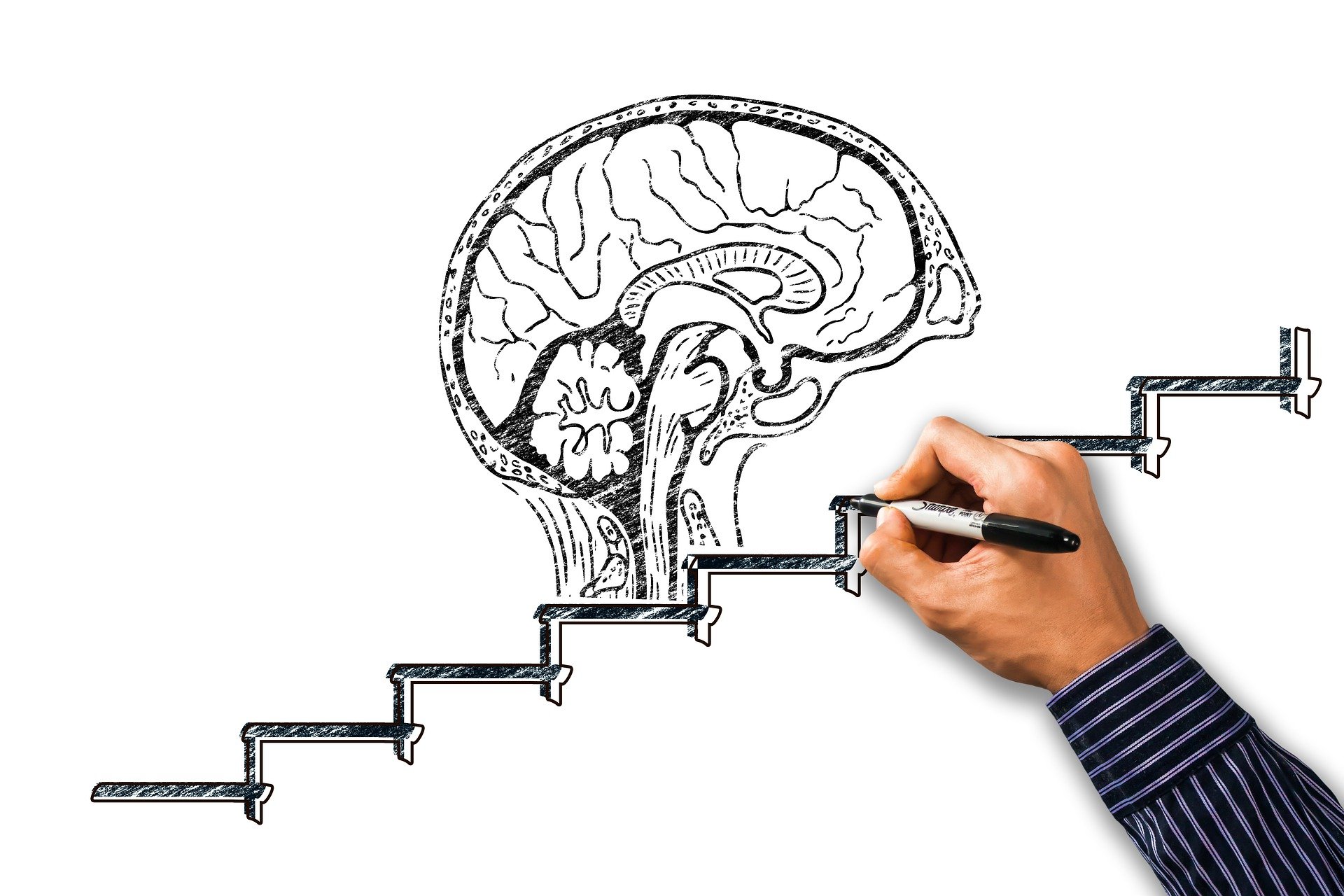KB7053 MCE Formative Necessity of a Successful Engineer Assignment Sample
Introduction
Engineers can easily cultivate technical skills because the heart of becoming an engineer is essentially dealing with problems that involve the essence of engineering. An engineer needs to learn to have information and comprehension. Working engineers will gradually develop and specialize in their major’s knowledge (Bodnar and Clark, 2017). In various areas of engineering, each engineering degree specializes. As per technical knowledge, an engineer can solve problems associated with engineering and design systems by using resourceful and groundbreaking thinking once required technical expertise has been accomplished.

Literature review
During graduation years, technical skills are normally improved. Engineers master their most essential and fundamental engineering skills. Some examples of such abilities include the ability to use the tools related to mathematical, technical, and science skills easily (Walther et al., 2017). It also teaches engineers to analyze and build data collection statistics. All of them are studied at the university or tertiary level, where they are all about simple learning.
Then, during their practical study, engineers develop their skills. The true nature of working is taught to engineers in a vital period. After graduation, engineers normally receive training for 6 months until they start working or even after they acquire a job (Motyl et al., 2017). They use their expertise and have the practical experience of being an engineer. The skills to use a wide range of equipment, devices, and software and techniques to use them for their particular fields are very relevant at this point.
An engineer needs a multidisciplinary team to represent his or her ability. In engineering, this is particularly important as it is very common for engineers to participate in projects together. This ability is learned over the year and even when you participate in projects in schools or the workplace. The need to find a solution is also important for engineers, and imagination and innovation are important for getting an idea. Innovation is important. This can never be taught anywhere but can be found in any engineer.
Conclusion
An engineer should be able to work in a group and provide the organization with effective work. As many businesses interviewed, they stressed the need for many engineers, but they lack the requisite soft skills and interpersonal skills. Most graduates in engineering today believe that all they need are technical skills as an engineer, but that it is only technical skills that never get them far in their work environment.
References
Bodnar, C.A. and Clark, R.M., 2017. Can game-based learning enhance engineering communication skills?. IEEE transactions on professional communication, 60(1), pp.24-41.
Motyl, B., Baronio, G., Uberti, S., Speranza, D. and Filippi, S., 2017. How will change the future engineers’ skills in the Industry 4.0 framework? A questionnaire survey. Procedia Manufacturing, 11, pp.1501-1509.
Walther, J., Miller, S.E. and Sochacka, N.W., 2017. A model of empathy in engineering as a core skill, practice orientation, and professional way of being. Journal of Engineering Education, 106(1), pp.123-148.
Know more about UniqueSubmission’s other writing services:

